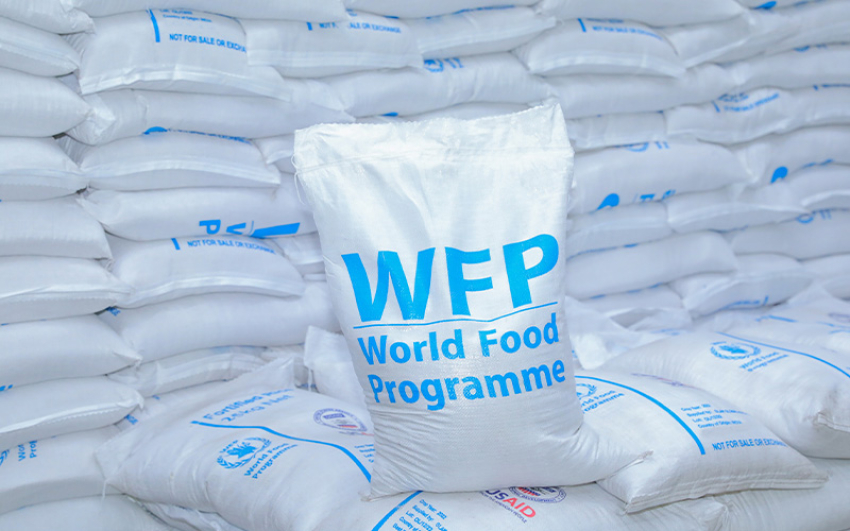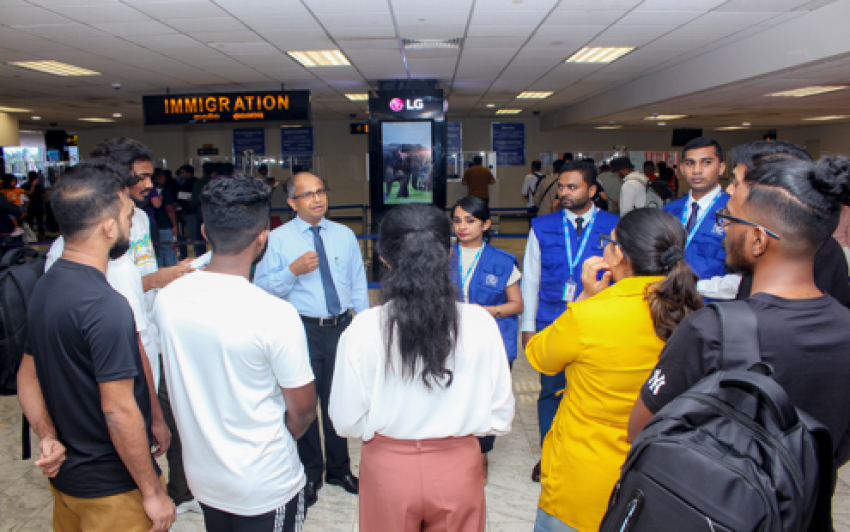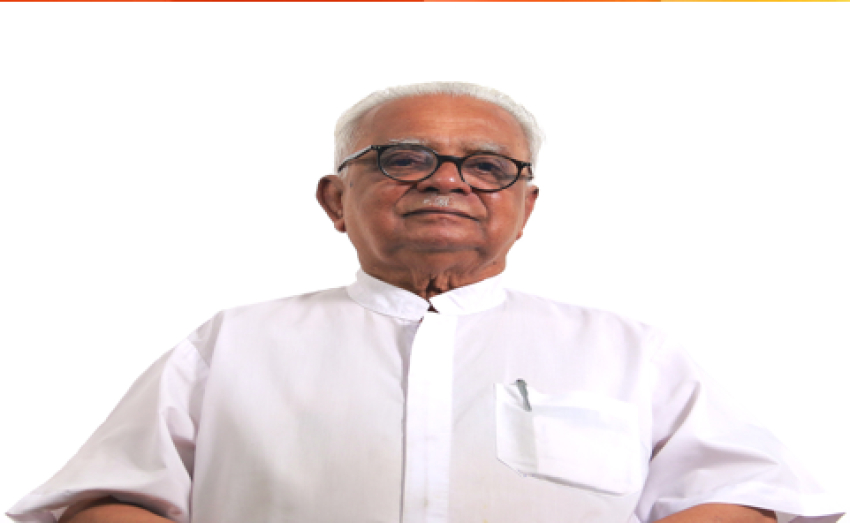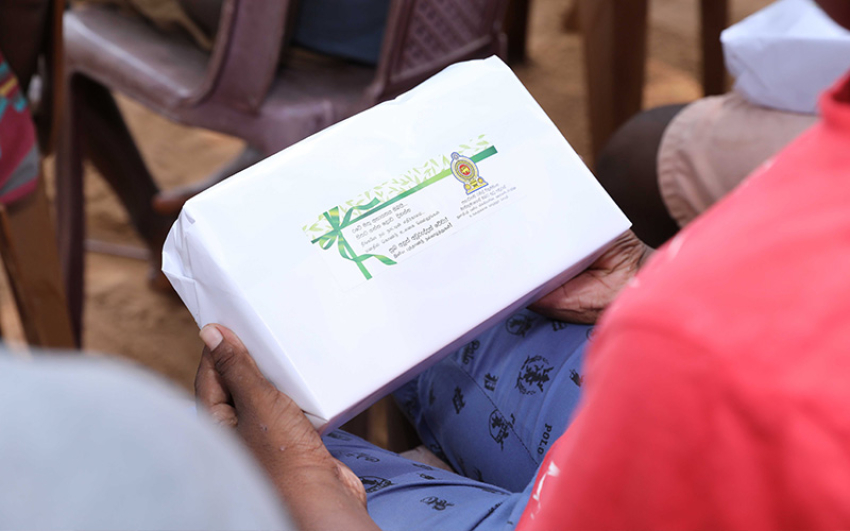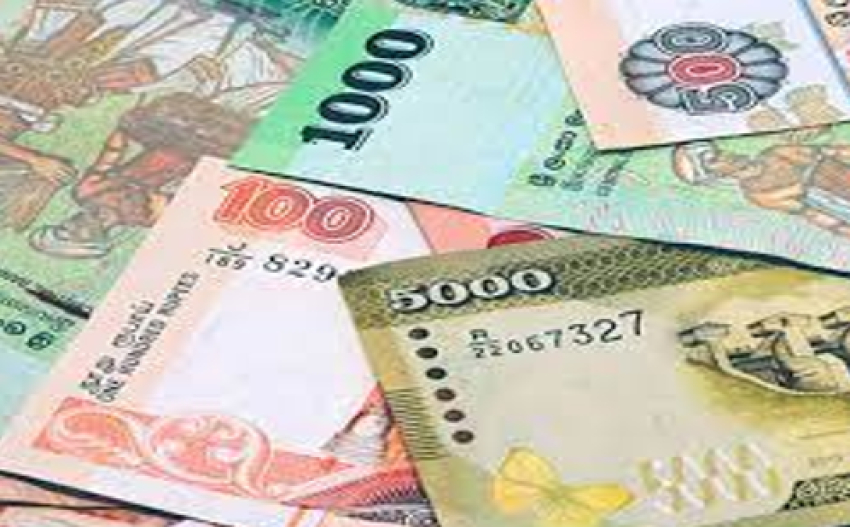The United Nations designated the first Monday of October of every year as World Habitat Day to reflect on the state of our towns and cities, and on the basic right of all to adequate shelter. The Day is also intended to remind the world that we all have the power and the responsibility to shape the future of our cities and towns.This year, the day was observed on October 7. This year’s Global Observance of World Habitat Day was held in Mexico City and celebrations will also held across the world, including in the capital of Cameroon - Yaounde, Nakuru in Kenya, and Vancouver in Canada.
The 2019 theme of World Habitat Day is “Frontier Technologies as an innovative tool to transform waste to wealth”. Building on last year’s theme “Municipal Solid Waste Management” which focused mainly on managing garbage, the focus of this year’s World Habitat Day is promoting the contribution of innovative frontier technologies to sustainable waste management to achieve Sustainable Development Goal (SDG) Number 11: inclusive, safe, resilient and sustainable cities. Going beyond solid waste this includes all waste produced by human activity (solid, liquid, domestic, industrial and commercial), which continues to have a devastating impact on climate change, public health and the environment.
As the UN points out, technology has great potential to improve how people work and live, to significantly accelerate efforts to achieve the SDGs and address climate change. Frontier technologies, such as automation, robotics, electric vehicles, renewable energy technologies, biotechnologies, and artificial intelligence can transform the social, economic and environmental spheres. They can offer better, cheaper, faster, scalable and easy to use solutions for every-day problems, including waste management.
Waste management
The task ahead is to harness frontier technologies to achieve sustainable waste management while mitigating their possible adverse economic, social and political consequences.
UN-Habitat and its partners have discussed a call for action on ‘Waste-Wise Cities’ that aims to recognize cities’ efforts to lead effective waste management initiatives. The call for action asks communities, cities and towns around the world to “rethink, reduce, recycle, refuse and reuse waste.” Communities, cities or towns that improve their solid waste management and reduce their waste management expenditure will be publicly recognized as ‘Waste-Wise Cities.’
Each year, World Habitat Day takes on a new theme to promote sustainable development policies that ensure adequate shelter for all. These themes often promote one of UN-Habitat’s focal areas such as: Inclusive housing and social services; A safe and healthy living environment for all — with particular consideration for children, youth, women, elderly and disabled; Affordable and sustainable transport and energy; Promotion, protection, and restoration of green urban spaces; Safe and clean drinking water and sanitation; Healthy air quality; Job creation; Improved urban planning and slum upgrading and better waste management.
In his message for World Habitat Day 2019, UN Secretary General Antonio Gutteres said well-planned and smartly managed cities can steer people and countries towards inclusive growth and low-emission development. “This year’s observance focuses on the problem of waste – and the potential of frontier technologies to transform waste into wealth. Solutions begin with small steps individuals can take to alter the way our cities function. We must reduce the amount of waste we produce, and, at the same time, start seeing it as a valuable resource that can be re-used and recycled, including for energy.
“Frontier technologies can offer better and cheaper answers to these daily challenges. For example, automation and artificial intelligence can help sort recyclables more efficiently. Sensors in smart packaging can help reduce food waste, while other innovative technologies are turning organic waste into renewable energy and compost. And new materials – such as advanced biodegradable plastics – can reduce environmental impact. But we still need to invest much more if we are to improve waste management.”
According to the UN Human Settlements Programme (UN-Habitat), 99 percent of purchased items are discarded within six months, and the world produces two billion tonnes of waste annually. On World Habitat Day, UN-Habitat has called for society to “make small adjustments to our consumption styles,” such as by making a conscious effort to fix broken items rather than throw them away, recycle correctly and identify and use alternatives to disposable plastic items, including bottles, cups, cutlery and plates. The world uses up to one billion single-use plastic straws each day, which eventually end up in our oceans. There is now a movement towards paper and metal straws which are good alternatives. Likewise, we have to find alternatives to everyday plastic items that will otherwise clog up landfills.
Tackling waste management challenges requires imagination and innovation, and people have to “rethink” waste. Effective waste management “starts with us as individuals,” and through collective action, the world can become cleaner, greener, safer, healthier and happier. We do not need high technology to take a reusable bag to the supermarket or drink a juice from a glass instead of using a straw.
Increasing wastage concerns around the globe including, increasing consumption of processed products, and rising use of organic wastes for animal feed and fertilizer production will challenge waste management efforts. Globally, about 50% of wastes are sent to landfills while 13 to 33% of wastes are still being openly dumped in lower and middle-income countries. Accumulation of food wastage is becoming a critical problem worldwide. Increasing wastes is posing various threats like environmental pollution, scarcity of dumping land, and health risks to individuals.
Moreover, such wastes are increasingly contributing to carbon footprint and greenhouse emissions. Greenhouse gases like CO2, methane and nitrous oxide are emitted at various stages of its life cycle including processing, refrigerating, transporting, and disposing of wastes in landfills or dumpsites.
According to the Food and Agriculture Organization (FAO) of the United Nations, around 1.3 billion tons of food, which account for one-third of the world’s food, is either lost or wasted. The food waste management industry alone is estimated to reach US$ 52 billion by 2026. Prevention of wastage, redistribution to people, making animal feed, recycling by composting, incineration with energy recovery, and proper disposal are the critical steps in the Food waste management market.
Technology does have its place in waste management as stated earlier. There are many examples. Many countries already use fully electric garbage trucks which do not add to the problem of greenhouse gases. There is a London-based startup that uses computer vision to make sorting more efficient at different stages of the waste chain. The company has been using machine learning with images of different types of waste to train a model that detects glass, paper, cardboard, newspapers, cans and different types of plastics (black trays, PET, HDPE). The company can then use a simple camera combined with a computer to sort waste in a fraction of a second. The same technology can be used in a “smart bin” to automatically sort waste from the very beginning.
Globe demand for energy
Energy from Waste is playing an increasingly important role in the move to a more circular economy. This will be discussed in detail at the 12th annual Energy from Waste Conference in London from December 3 to 4 this year. Across the globe demand for energy is rising and is matched by massively increased consumption of goods and production of waste. With concerns about the environment reaching critical levels and widespread talk of a global environmental emergency, cleaner technology is vital in both waste management and energy production.
The idea is that waste-to-energy plants will take care of the fraction of waste that cannot be directly recycled, preventing it from going to landfills and thus saving huge amount of greenhouse gas emissions. Moreover, the delivery of alternative fuels, such as hydrogen, from waste-to-energy plants will also enable clean transport options. Even the roads we walk along and the buildings we live in will be made of secondary raw materials from the plants’ ashes. Waste to energy is one the prime research areas for universities and companies right now.
In some instances, even a simple computer programme can make a huge difference. São Paulo – one of the largest metropolises in the world with 12.5 million people and more than 300,000 registered companies – generates 20,000 tons of waste per day, accounting for 8% of all waste in Brazil. In April 2019, the city enacted a law to direct its waste management policies using data on public and private waste management.
The law requires all companies and buildings in the municipality to declare the waste they generate and who they hire to transport, treat and dispose of it. Along with data on water, energy and floor space used in waste management as well as the number of employees and collaborators – is then analyzed and made publicly available with the help of software provided for free by a local start-up. The programme – named Electronic Generator Waste Transportation Control – is expected to reduce the shipment of waste to landfills by 18% and save up to $30 million annually. With the help of technology – software, smartphone apps, QR codes on containers, dumpsters and trucks – São Paulo public authorities and businesses are able to locate, integrate and share more than 100 different waste treatment solutions. More trash is being recycled and reused.
While technology will help tackle waste, it is up to us to reduce wastage and make our cities more beautiful. The 3Rs must be followed – Refuse, Reduce and Recycle. From refusing to buy drinks in PET bottles to taking public transport where possible, we can create a positive impact on the environment. Living a more frugal life is always a better option for us as well as for the environment. Waste will not go away entirely, but our cities will have less of it if we follow these simple steps.



